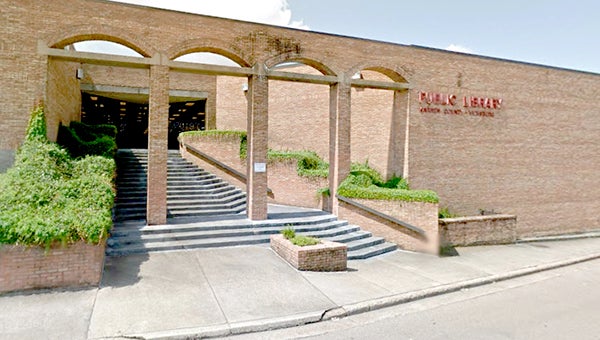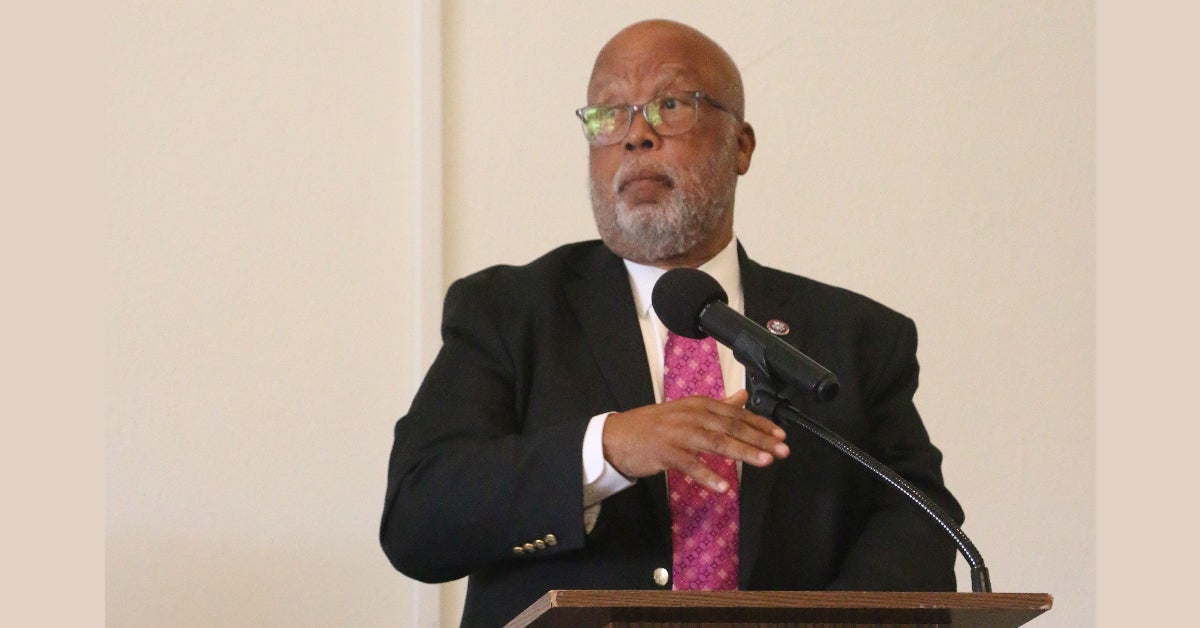On the Shelf: exploring the Parent Resource Center
Published 10:57 am Sunday, July 14, 2024

- Pictured is the Warren County-Vicksburg Public Library. (File photo/The Vicksburg Post)
This week we would like to focus on our Parent Resource Center, located downstairs in the Children’s Department. This area offers a variety of resources meant to support parents and children. Here, you will find Baby Brain Boxes, Toddler Brain Boxes, Preschool Brain Boxes, Story Kits, Sensory toys and Pretend and Play sets. These kits provide mental stimulation and hone your child’s motor skills. Not to mention having fun.
This area also offers book resources to support parents in rearing their children. “A+ Parenting,” by Success Academy Charter Schools founder Eva Moskowitz is full of advice for raising smart, successful and intellectually engaged children. Children spend 180 days in school each year, but how they spend the other 185 is up to the parents. Children who continue to learn when they are out of school make far more progress than those who don’t. It is not necessary, however, to recreate school at home. Instead, take the time that you are already spending with your children and make it more fulfilling and intellectually stimulating for them. Moskowitz explains which extracurricular activities are best for your child’s development, how children can learn by watching movies and playing games, how to help your child overcome a learning disability and ensure that it does not undermine their self-confidence and why getting angry at children doesn’t work, but expressing disappointment does.
In the second edition of Lenore Skenazy’s, “Free-Range Kids,” we get a look at how we’ve become so worried about everything our kids do, see, eat, read, wear, watch and lick that we have become a culture-possessed with anxiety and fear. Skenazy offers advice on how parents and educators can step back to that kids can step up. Positive change can be faster, easier and more fun than you’d believe. Parents will be able to feel brave and optimistic again and so will their kids. This book shows how parents can reject the media message that “Your child is in horrible danger.” You will also learn how schools can give students more independence and what happens when they do. Everyone can relax and learn to navigate a judgmental world filled with way too many warnings, scolds and brand-new fears brought by the digital age. This is the book for parents and educators who want their children to blossom with newfound confidence and joy.
Do you want your children to be more adventurous and healthier eaters? Pediatrician
Nimali Fernando and feeding therapist Melanie Potock offer advice for good health, motor skills and cognitive and emotional development in their book, “Raising a Healthy, Happy Eater.” They
explain how to expand your family’s food horizons, avoid the picky eater trap, identify special feeding needs and put happiness back into mealtimes. They offer the latest research and advice and tailor it to every stage from newborn through school age, all the while navigating pacifiers, thumb-sucking, feeding concerns and barriers to eating well. There are also helpful insights on the sensory system, difficult mealtime behaviors, as well as baby-led weaning, sippy cups and resources for those lacking access to fresh foods or those who are facing financial insecurity.
Finally, educators Simone Davies and Junnifa Uzodike deliver The Montessori Child, an everything-you-need-to-know guide to raising your school-aged child—from 3-12 years—in the Montessori way. The Montessori way offers children independence, the tools to succeed and the encouragement to build on their abilities so they can succeed. This practical guide offers readers tools to incorporate Montessori principles into their everyday lives with advice on how to set up your home in ways that encourage curiosity and independence to supporting your child’s social and mora development with a balance of limit-setting and age-appropriate freedoms. Included are dozens of hands-on activities to help encourage your child’s love of numbers and literacy, art and science and community-building, social awareness and connection to the natural world.





